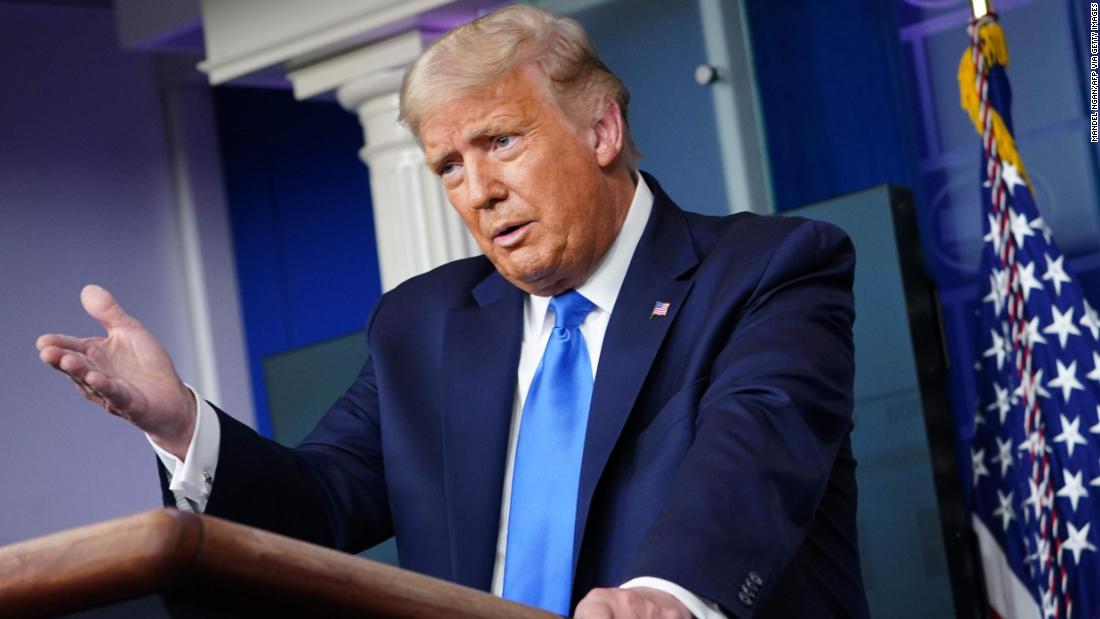brandon8283
Probably a drive-by
- Joined
- Jul 11, 2009
- Messages
- 9,757
- Reaction score
- 13,267
- Age
- 40
Offline
I can confirm that there's a certain 6A high school band on the Mississippi Gulf Coast who has officially had the entire band placed into quarantine as of yesterday.
This is not a small group, either. We're talking 175+ students last year (though virtual learners have cut this number significantly from last year).
This is not a small group, either. We're talking 175+ students last year (though virtual learners have cut this number significantly from last year).


